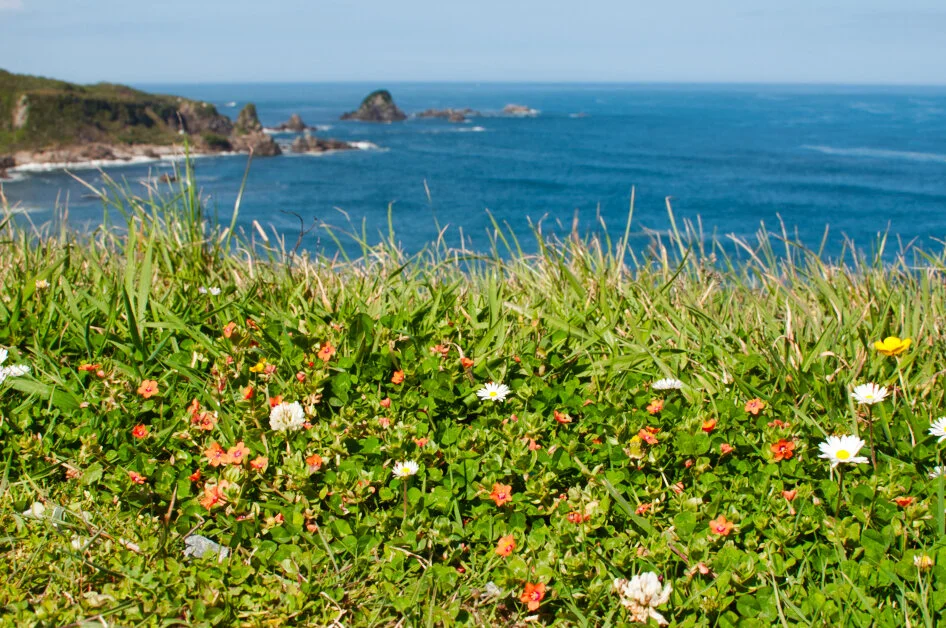Why It Matters to Claim Your Identity as a Creative
Imposed identities can constrain us, but chosen identities can free us.
Nothing has helped me find fulfillment as a creative person more than deciding to view myself as a creative. Being a creative means more than just being involved in creative activities. It’s a particular way of experiencing and perceiving the world. I’ve always been a creative, but claiming that identity for myself felt, well, pretentious. Who am I to decide that I’m “a” creative? Isn’t that like saying I’m different and special in some way? Yes, it is. And that feels uncomfortable to me. But there’s no denying that I do experience and perceive the world differently. Not differently from everyone else, because there are a lot of creatives out there like me, but differently from the dominant culture. No one is going to bequeath me with this identity – it’s my responsibility to claim it for myself. And it’s my right. Everyone has that right. You have it. So try it on for size.
Identities can give us permission to fully express ourselves, and this is what claiming the identity of a creative did for me. It provided me with an avenue for interpreting and describing my particular way of being in the world. No longer were my peculiarities and challenges signs of personal failure. No, they’re part of what it means to be a creative. And I’m not alone. There are other creatives out there! Hi, other creatives! You’re not alone, either.
I want to explicate what being a creative means to me. Maybe it means something similar to you, or maybe not. Remember, you get to decide the contents of your own identity. Only you have sovereignty over the meaning of your own experience of being in the world. But I hope that what I have to say about my experience will resonate in a way that helps if you are struggling with direction and figuring out your place in the world as a creative person.
Here’s what I think. Creativity isn’t something any of us have to reach for. All human beings are naturally creative. But some people need creativity to be an explicit and pervasive part of their lives in order to feel fulfilled and happy. Often these people are the artists of society, but not always. Many creative people do not consider themselves artists, either because the term connotes creating at an elite level that they don’t feel they measure up to, or they don’t express their creativity through a “proper” art. While I think creative people of all kinds absolutely can and should claim the identity of artist, I personally prefer calling myself a creative.
My primary avenue of creative expression in the world is writing, and I do consider myself to be a writer. But my identity as a writer is fairly mundane: to me it simply indicates that I write. I write a lot. It’s part of my business, but I also journal, write fiction, and narrate experiences in my head (a common writer trait). Oh, and don’t tell anyone, but I also narrate out loud when I’m home alone (this is one of the reasons I decided to try podcasting haha). Being a writer means that I enjoy writing, do it as much as I can, and that I strive to be good at it. My identity as a creative serves a different purpose. It is less implicated with what I do, and more with what I am. Writing is what I do, but the way I experience and perceive the world is mediated through being a creative.
What that means to me is that my entire life in all its aspects is my ultimate creative project. Creativity isn’t just something I do in my leisure time. I approach everything I do – well, I try, at least – from the center of my creative being. I live from the inside of my creative capacity, and it lends its light and color to my experience of being in the world. I call this whole-life creativity. What you’ve probably picked up on by now is that I don’t define being a creative by specific personality traits. While I do think creatives tend to have certain characteristics, like sensitivity, introversion, and artistic sensibilities, I see being a creative as a combination of a need to experience the world and express the self through creativity, a preference for the use of generative, rather than productive, energy, and a sense of purpose that involves meaning-making.
What claiming the identity of a creative has done for me is given me permission to live my life as a creative without apology. Whereas before I struggled to feel that my life had meaning, I now have a strong sense that my purpose is to create meaning and put it out into the world. And that’s what I do, every day. I do it through my words, sure, but also through how I experience being myself in the world. For me, that’s the fullest expression of my creative potential, regardless of my productive output as a creative person.
Like all identities, my identity as a creative is an evolving thing. I prefer it to be that way. Your identity should be something you define, not the other way around. An identity will begin to constrain and limit you if you freeze it. But if you develop and open and accepting relationship with your identity, it will free you.






